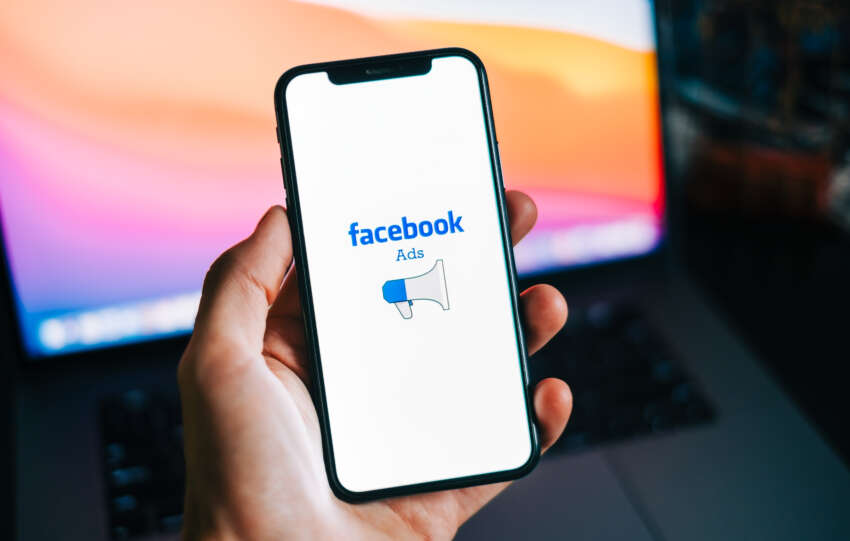SEO Beginners: What You Need to Know

SEO – a new baby is born, I mean a new business was established and the owner believes in his product or service as much as me in posing: Music creates the sound. For a good start, or for a major failure, SEO makes the difference for a successful beginning or an unsuccessful ending.
My name is Mario and I enjoy assisting people who are brave enough to start their own business. I’m here to assist you with answers, queries, a YES, but also a NO. So just let me tell you one thing: I’ve been there and have the sense of starting a new baby with each new consumer I acquire.
SEO is the most essential element of your company’s success. SEO is an absolute must-have for any small business since it will bring visitors to your website for free and help you establish credibility with possible consumers. You’re probably familiar with the term “Search Engine Optimization.” But do you know exactly what the objective of this optimization process is? What exactly is optimized by SEO, as defined above?
The goal of SEO is to improve your website’s position in search engines so that you can attract more visitors. The process of improving your website’s ranking with search engines is known as SEO. Every page on your website, not just one specific web page or post, should be optimized for SEO because it is an all-around effort throughout the whole site.
Business owners and entrepreneurs should consider the following simple first advice- and be sure, there are more to come if you stay tuned here on nichehacks.com.
It’s simple: More targeted visitors = more revenue!
With these tips, you can easily implement some changes in your site that will increase its ranking on search engines like Google or Bing. So let me know if I’ve been helpful so far (I know that I have) and let’s continue with the next tip!
The first step in learning SEO is to learn keywords.
When your site appears on Google, you want it to be because someone searched for a word or phrase related to what you’re selling or offering. For example, if you run an Italian restaurant called “Mario’s” you’ll want people searching for “Italian restaurant in New York” or “Mario’s menu prices” to see your business when they search on Google.
Your website needs keywords that match the product and services you offer so that customers can find it easily through a search engine such as Google, Bing, etc.
Remember: The number one goal of SEO is to attract visitors to your site.
Search engines have evolved and are now capable of determining the best websites for individual searches, based on what people search for most frequently online.
You should use keywords in three main places:
- Title Tags – These tags appear at the top of a browser window when someone clicks through from Google or another website (which shows the title of your page). You want to make sure that they include one or more keywords.
- Description Tags – These appear at the bottom of a browser window below the link on search engine results pages (which shows a description about your site) and should also contain relevant keywords.
- Page Content – This first sentence is critical: it appears on Google as a meta description and should contain at least one or two keywords.
Your website can’t be found if you don’t have any goals to reach out for, right? Well, it’s not that easy! If your goal is to get organic traffic by improving search engine rankings then the benefits are enormous: More visitors will find your site easier through a search engine. This means you will have a better chance of converting those visitors into customers and/or gaining more subscribers to your email marketing list!
But why would someone click on your link when it appears in the results? Because they find what they are looking for. And that’s exactly where we want them, right? We don’t even have to pay for it. You can rank fairly well in search engines without doing anything at all, but if you put a little bit of effort into SEO, your rankings will improve exponentially and you’ll start seeing more results from this strategy than ever before!
It’s also critical that visitors know about the goods or services they’re looking for and what they’ll find on your site. And, in the end, what matters most to your website? It’s your website’s content, of course. So the lesson is that you must optimize every page of your website. If you consider this, you are already wiser than 60% of all entrepreneurs and new business owners.
All of your website’s pages should be part of an effective SEO plan. Every page on your site, from the most important to the least, should be optimized. You’ll notice that this is a wonderful method to increase traffic numbers, generate more leads, and boost profits.
Product & Service Pages
If you’re selling anything online, product and service pages are the most crucial component of your website. Customers that come to these pages want to understand everything there is to know about your goods and e-commerce store before returning or making a purchase selection.
Because you don’t want people to click through just to discover what you’re selling and how it works, these pages should be well-optimized for particular keywords. You want your visitors to leave the page knowing exactly what your product does, why they require it, and where they may buy it from you online.
Every web page that contains information about your company’s products or services should be optimized for SEO.
The blog page is the second most essential page on your website.
This is where you may publish anything about your business, industry, or niche market to your website. Et ergo, this means – blogging is the next step towards making your website a success! By blogging, you can reach out to new customers and clients while also engaging with existing ones.
It’s critical to optimize every blog post for keywords in order for them to show in Google search results or other major engines such as Bing. You may create a helpful, informative website that draws in customers by using the same technique across various sorts of content.
You want visitors that are interested in what you’re selling or who are passionate about a topic related to your goods or services to encounter these pages as well, so they remain engaged with more stuff you have to offer.
If you want to optimize blog pages for SEO, avoid using keywords in your titles because the search engines will always display the most important words at the top of each article and they don’t mix well with other text. Simply pick a related term and write about it instead so you can include relevant keywords naturally in your post to make it simpler.
However, it is not about blogging in this case; rather, it’s all about SEO hygiene. So if you want to learn more about optimizing blog posts for search, leave a remark below.
The landing page is the first impression that your website gives to potential customers. It’s where people coming from outside sources like search engines and social media are directed. This page should have a clear call-to-action so it can be easy for visitors who want more information or wish to purchase something to do just that. You’ll see an increase in leads and sales if your landing page is properly optimized for the correct keywords.
The last page to optimize is the “About Us” page.
This is where you get to share your personal story as well as how long your company has been around for. You can also use this space on why you started it or what matters most to you – as an entrepreneur. Optimizing this page is essential because it’s great for building trust and credibility with your customers as well as potential ones who are searching for you or want to learn more before deciding whether they can buy from you online.
Including keywords in the “About Us” page without overdoing them will help make that content appear on search engines. In the end, you’re not only selling products or services when a visitor goes on your website; this page is also where visitors will find out whether they can trust you as an e-commerce store to do business with them because it’s important for building credibility and generating buzz all around!
As you can see, every single web page on your site should be created with search engine optimization in mind. While this might seem daunting at first glance, it’s important to remember that SEO hygiene must be applied across all pages of your website – from service & product pages to blog posts and the landing page.





